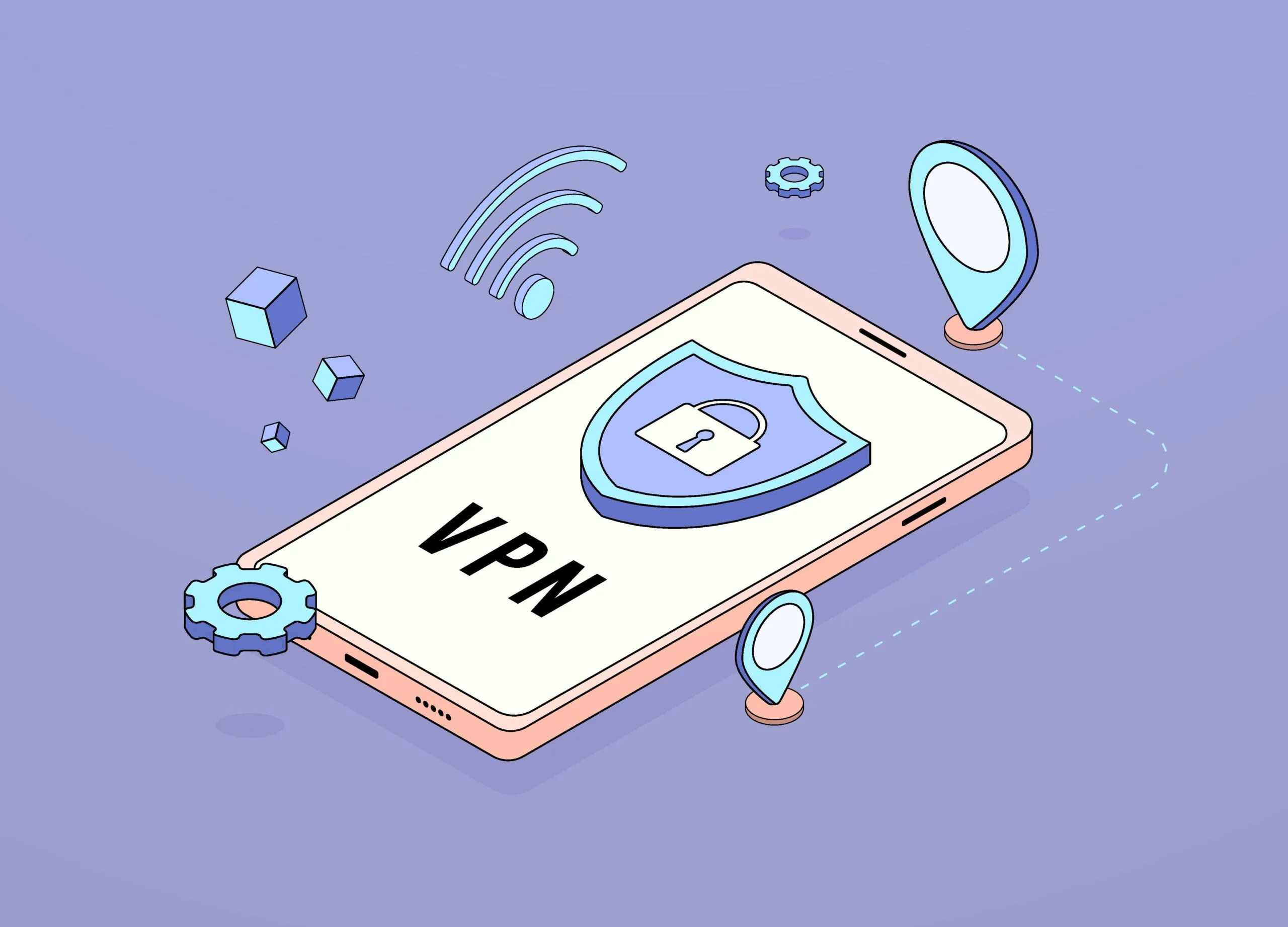A mesh Virtual Private Network (VPN) is a secure, flexible way for remote teams to communicate over the internet. Unlike traditional client-server VPNs that route traffic through a central server, a mesh VPN connects each device directly to others, allowing for faster, more efficient data transmission. This decentralized approach ensures that every team member can […]



